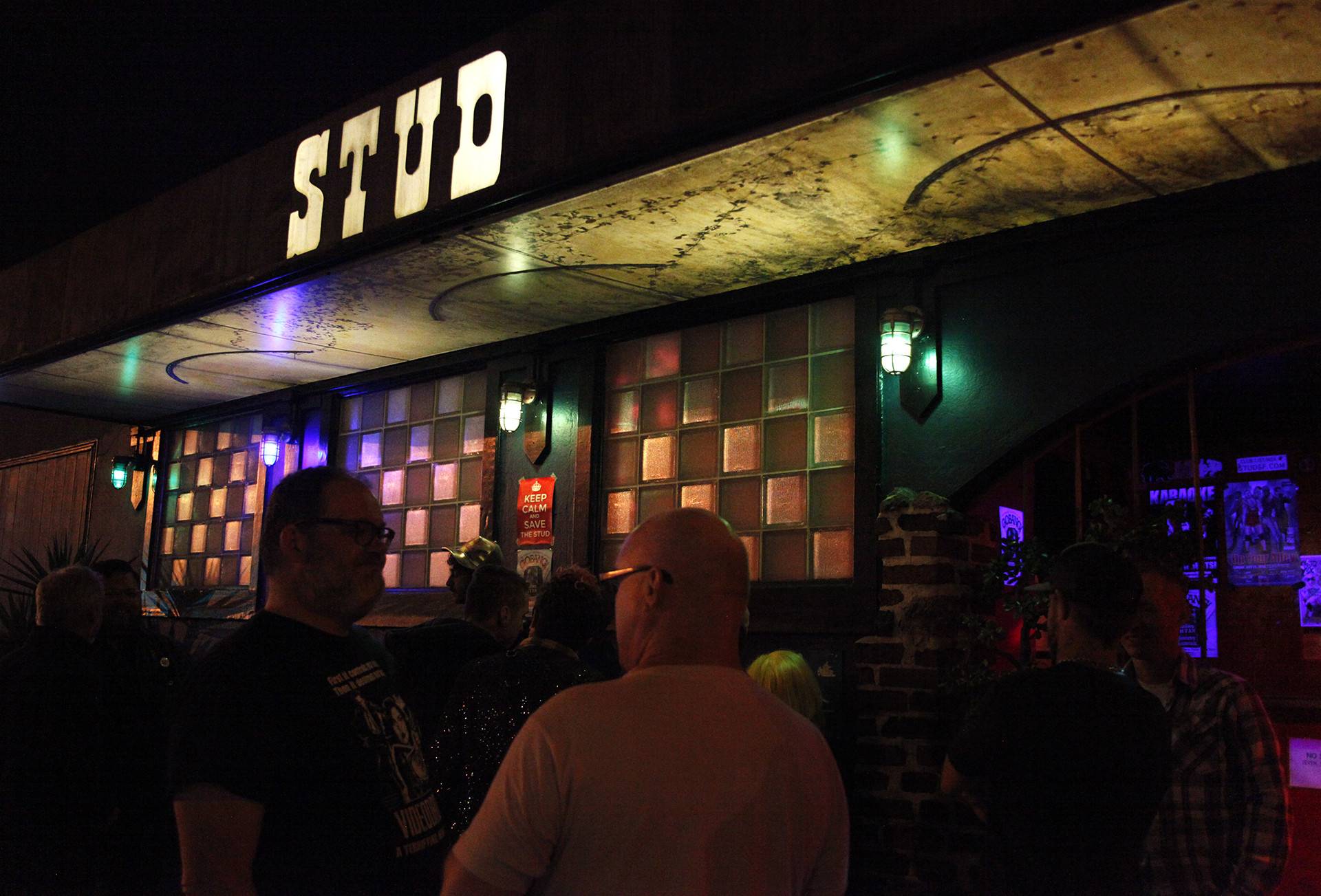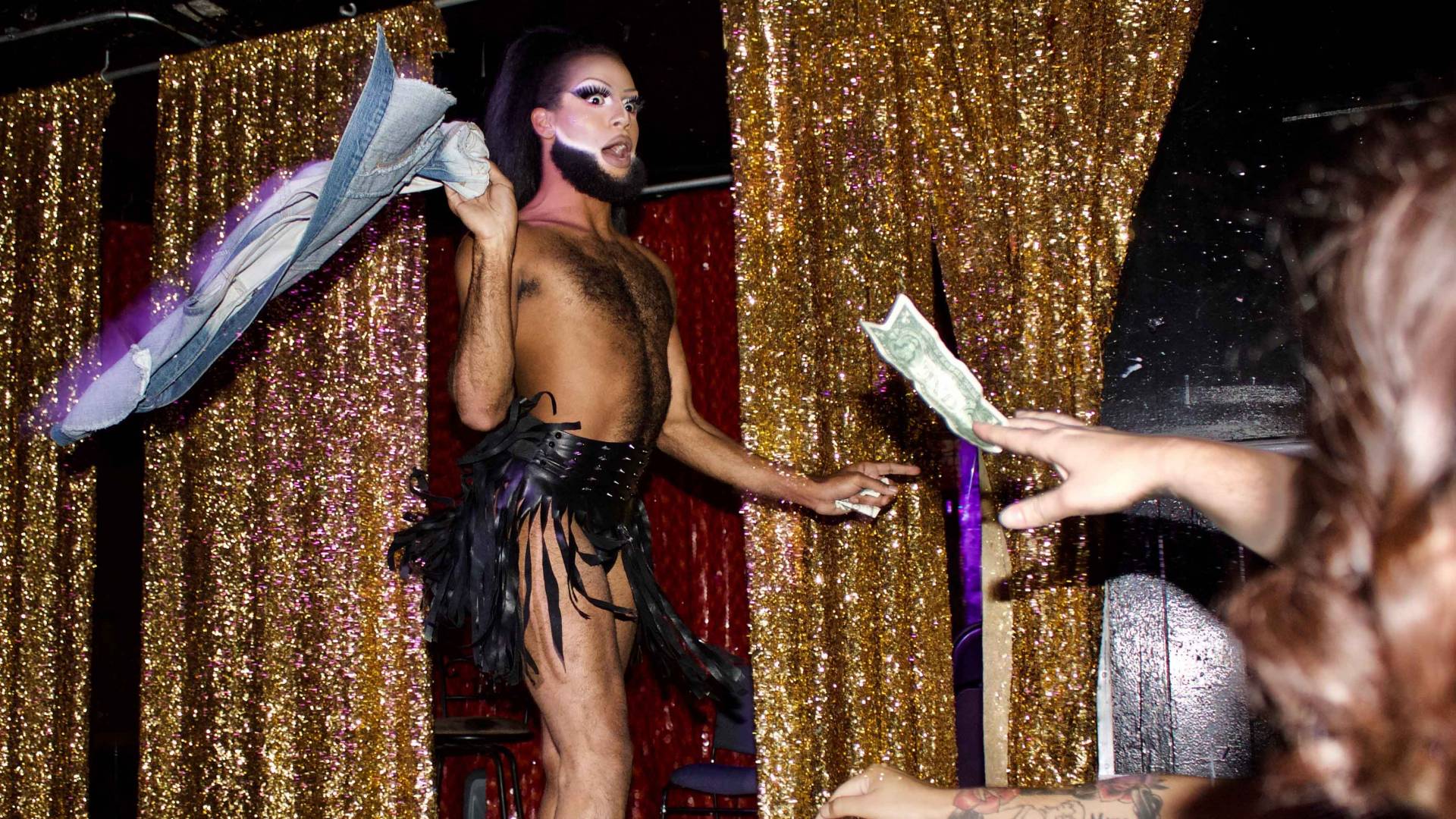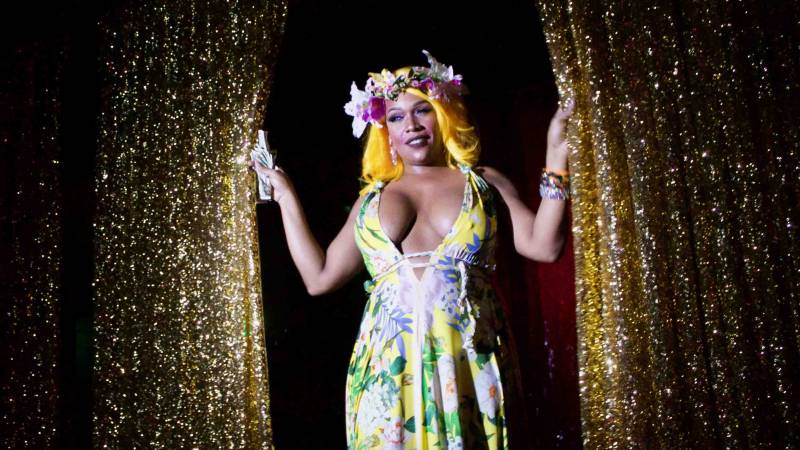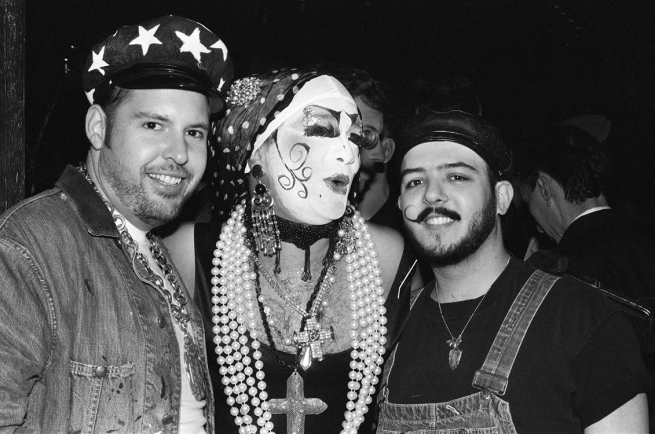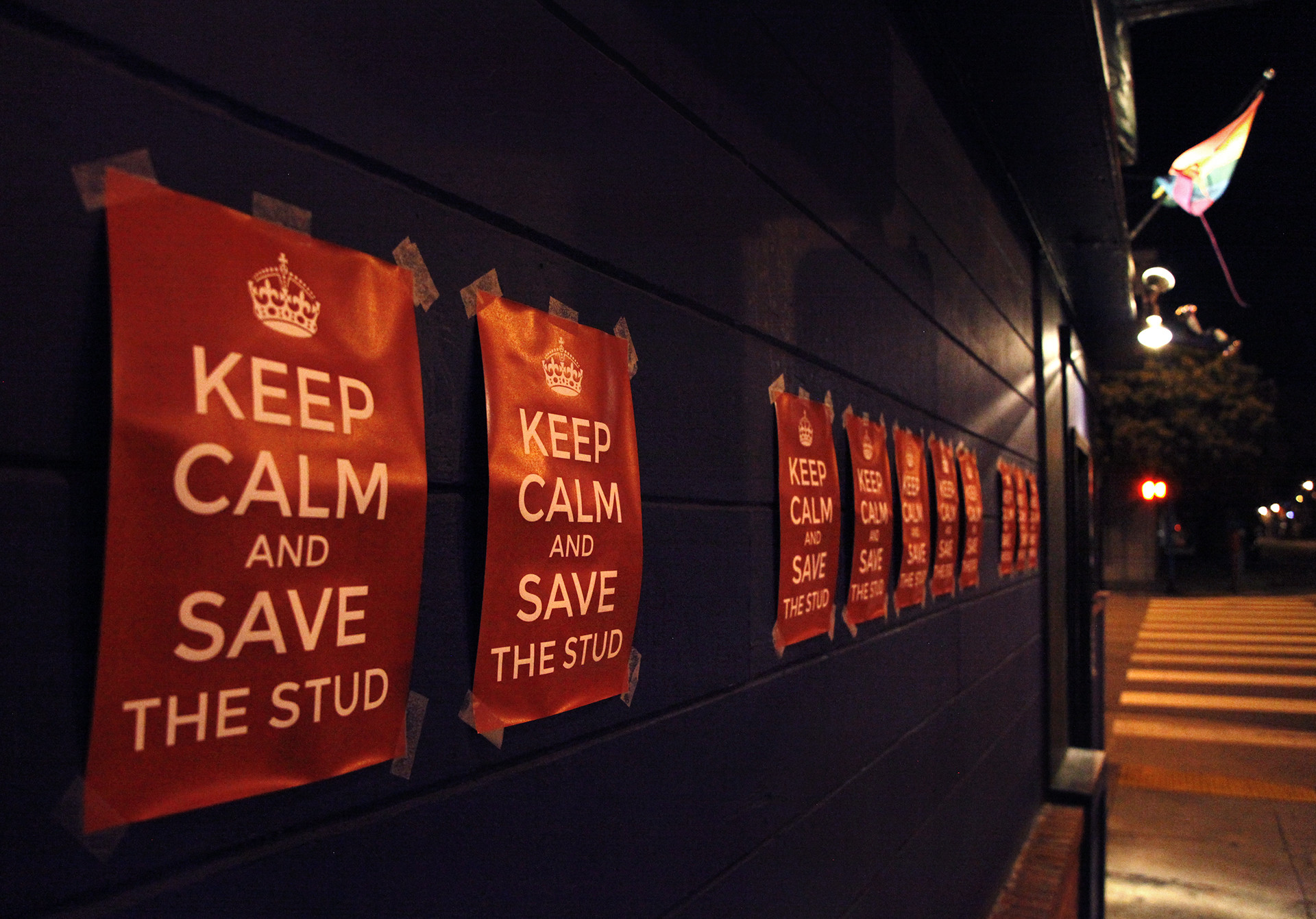The Stud, San Francisco’s oldest operating gay bar, is permanently closing its current SoMa location after 33 years.
Anyone who's frequented The Stud's cozy location at Ninth and Harrison streets knows it’s not just a venue — it’s a resilient community space and a second home for many. During its 55-year existence in San Francisco – the bar was formerly located on Folsom Street – it has survived the AIDS epidemic, two tech booms and a tripled rent hike.
But with the coronavirus pandemic, the 17-member collective that owns the bar faced what co-owner Marke Bieschke called a "desperate situation" felt by many small bars in the city that aren't getting a suspension or any breaks on rent.
For now, the bar’s co-owners are determined to reopen at a new location as soon as possible. And state lawmakers are pushing for legislation to help other spaces like The Stud survive the economic devastation caused by the coronavirus pandemic by renegotiating their leases.
Fighting a Mass Extinction of Nightlife
Across California, commercial tenants like The Stud are facing the unprecedented challenge of continuing to pay rent even though their businesses have to operate at severely limited capacity or have been forced to shutter altogether. Even as the state moves toward easing restrictions, the reality is that it’ll be a long time before many businesses can reopen at full capacity.
